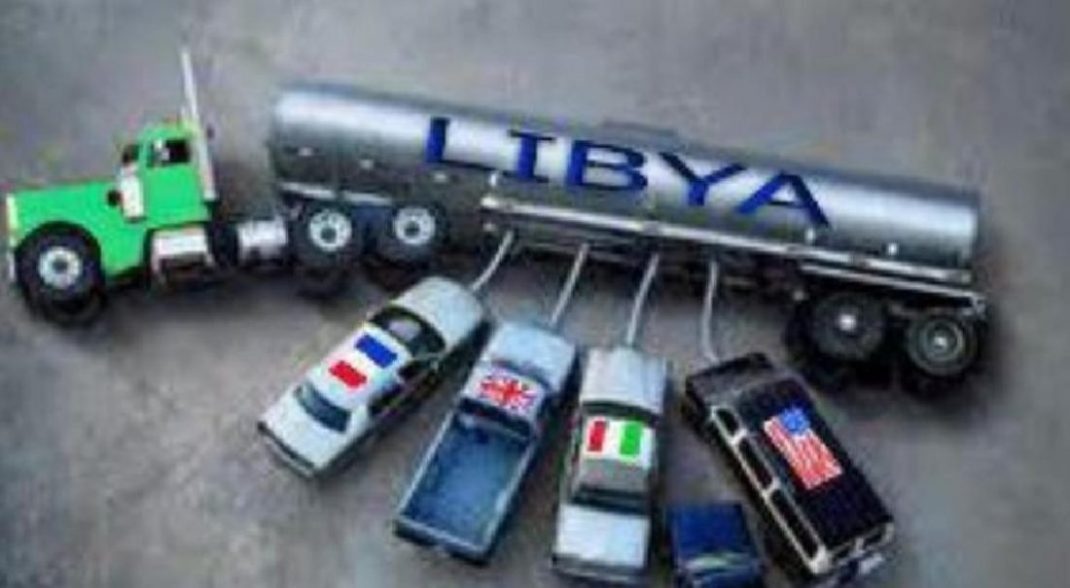Tsvetana Paraskova

- Libya ramps up production to 1.1 million bpd following the resumption of exports.
- NOC looks to reach ‘normal’ rates of 1.2 million bpd within the next two weeks.
- The recent rivalry over control of the National Oil Company continues in the background.
Libya, plagued by port blockades and protests at oil facilities in recent months, has now managed to raise its oil production to 1.1 million barrels per day (bpd), the oil minister of the Tripoli-based government said in a text message sent to Reuters on Tuesday.
Libya’s oil production has recovered in recent days after the country resumed oil exports last week. Last Wednesday, the first tankers arrived in Libya to load oil for export, ending a force majeure on key oilfields and ports that had been in place since April.
The force majeure has severely crippled Libya’s oil exports in recent months, following weeks of protests and closures amid the new rift in Libya’s political class over who should be governing the country.
The most recent rivalry is between Fathi Bashaga, the Prime Minister appointed by Parliament earlier this year, and Prime Minister Abdul Hamid Dbeibah, who was appointed last year through a process backed by the United Nations. Dbeibah refuses to cede power. Bashaga, backed by the east-based Parliament, is now based in Sirte in the east of Libya, while Dbeibah is based in Tripoli.
Libya’s National Oil Corporation (NOC) also got a new chief, after Farhat Bengdara was appointed by Dbeibah last week to replace the long-term chairman of the state-oil firm, Mustafa Sanalla.
The National Oil Corporation has said it plans to see oil output rates recover to 1.2 million bpd in less than a month.
“The NOC is striving to increase production and bring it back to its normal rates of 1.2 million barrels per day in two weeks,” the company said last week after it announced production had jumped to 860,000 bpd after the force majeure on major export terminals was lifted.
Violence is still rife, however, which may interfere with these plans.
The return of most of the Libyan oil—albeit far from certain that this time export rates would remain stable—is good news for the tight physical crude market globally amid altered crude flows following the sanctions on Russia over the invasion of Ukraine.
**************
As Political Deadlock Simmers, Libya Hits 1.2M Bpd Oil Production
Charles Kennedy
Oil production in Libya has hit 1.2 million barrels per day, the level the country was producing prior to its declaration of force majeure in April, according to the new leadership of the National Oil Company (NOC).
“Due to the great efforts from the #NOC subsidiaries and technical teams, we are happy to announce that our production rates have reached the pre-force Majeure levels of 1.200.000 barrels per day,” the NOC tweeted Sunday.
On July 13, days after the Government of National Unity (GNU) stormed the NOC and forcibly replaced long-time chairman Mustafa Sanalla, force majeure was lifted on key oilfields and export terminals.
Production was said to have reached 1.13 million bpd by July 27.
It remains unclear whether the 1.2 million barrels per day Libya is allegedly producing now is referring to only crude oil or crude oil plus condensate.
The return to normalized production levels comes as the country remains in a political deadlock that has seen intermittent clashes erupt among various rival militias in the capital, Tripoli. The deadlock pits the GNU’s interim prime minister Abdul Hamid Dbeibah in Tripoli against those loyal to the new prime minister named by the eastern-backed Parliament, Fathi Bashagha.
Tensions remain high, with influential Libyan Parliament Speaker Aquila Saleh on Monday declaring the GNU illegitimate and accusing Dbeibah of “misplaced spending” of some $24 billion in oil revenues. Saleh says the legitimate government of Libya is led by Bashagha, who has so far failed to install himself in Tripoli.
The situation has led to challenges in obtaining information, including with respect to oil production figures, with rival governments issuing contradictory statements.
Last week, reports emerged that oilfield services giant Halliburton was exiting Libya due to rising tensions and anticipation of renewed clashes among militias in Tripoli. On Monday, the Libyan Herald, citing the Oil Ministry (affiliated with Dbeibah and the GNU), as refuting reports that Halliburton had evacuated Libya, calling earlier reports “a distortion of reality” that has “no basis”.
_______________





